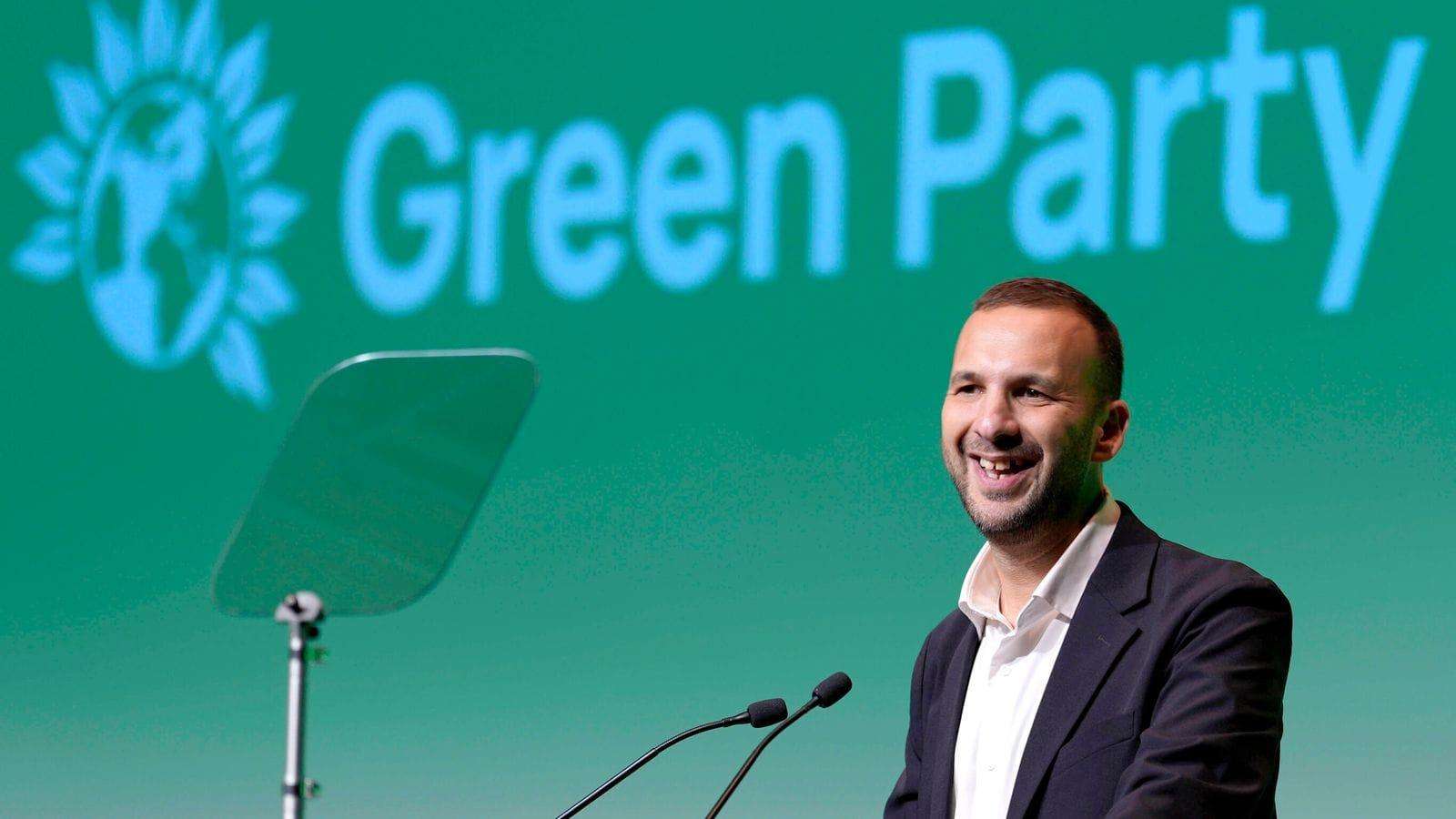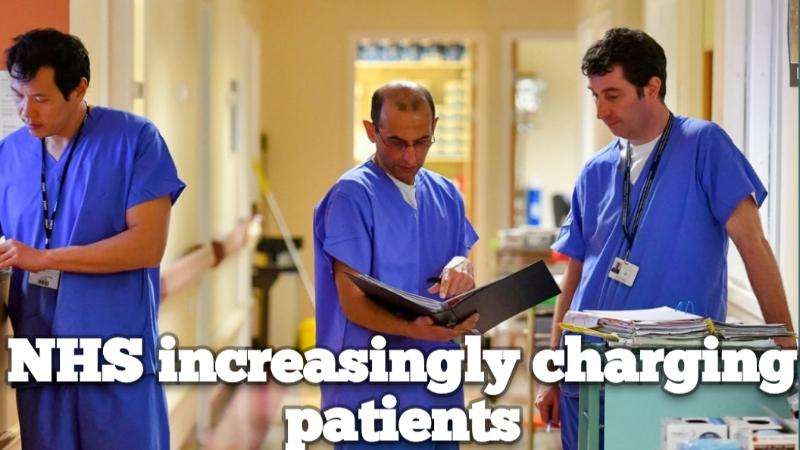In what is viewed as a crucial early test of Labour's "reset" in ties with Brussels, new proposals to permit youth to migrate between the UK and the EU will be submitted to the British government in the coming weeks.
According to well-informed sources, member states have already discussed the initial draft of a revised version of Ursula von der Leyen's April plan, and it will be presented to a working group in Brussels next week.
The elimination of four-year student exchange programs, in which the participants pay the home tuition of the university they attend, is one potential adjustment that might be made. UK universities have stated that this is not an option.
Member states will then give the European Commission instructions to present a new offer to the UK if it is finalised next week.The previous, Conservative, government knocked back similar proposals earlier this year but EU officials hope the new Labour administration will revisit the issue. They warn privately that another rejection could jeopardise this government’s desire to sign new agreements on defence and agriculture.
Some European diplomats say they are “dismayed” that Starmer has not already reversed the British government’s position on a youth mobility scheme, and it would be pointless to open more complex negotiations on defence or trade without agreeing this first.
Some point out that the UK has yet to make any proposals to Brussels for what it might want in any security or agricultural pact, and criticise the prime minister for ruling out more significant change, such as rejoining the customs union.
One said: “The red lines are almost like Theresa May’s, it is difficult to see what has changed.”
Some believe Britain will struggle to make major agreements with Brussels given its lack of leverage.
“The key to understanding the EU-UK relationship is that we are much less concerned with the UK than the UK is with the EU, especially post-Windsor framework,” said one diplomat, referring to the 2023 deal on trading arrangements in Northern Ireland.
“There is absolutely room for improvement in the relationship but the biggest pain has been removed and the UK is not top of the agenda. If Keir Starmer wants us to come to the table, don’t expect us to drop everything to have that conversation.”
The Cabinet Office, which is handling negotiations with the EU, declined to comment. A government spokesperson said last month: “We are not considering an EU-wide youth mobility scheme and there will be no return to freedom of movement.”
Starmer has promised a significantly closer trading relationship with the EU, and has prioritised a defence and security pact, which officials say can be agreed quickly, and an agreement on agricultural products, which is likely to take longer.
Since taking office, Starmer has visited the German chancellor, Olaf Scholz, in Berlin and the French president, Emmanuel Macron, in France, and he hosted 50 leaders from across the continent for the European Political Community meeting at Blenheim Palace in Oxfordshire.
In April, the commission proposed a visa scheme that would allow EU and UK citizens aged between 18 and 30 to stay for up to four years in each other’s countries.
Controversially, it also suggested students on the scheme could pay the home fees of the university they attended, but UK universities have made clear this would be unacceptable because their stretched finances could not cope with the loss in revenue. UK students pay around £9,000 a year in fees, but overseas students can pay from £16,000, in Scotland, to up to £59,000 at Oxford University.
According to EU officials, since the visas would only be valid for a short period of time, the plan would not constitute free movement.
Some nations think that cutting the suggested youth visa duration from four years to two, similar to existing EU programs like Canada and Australia, could resolve the issue.
_3.jpg)
_4.jpg)






.svg)


